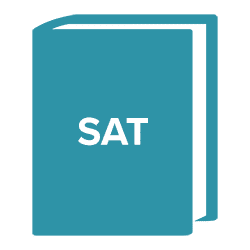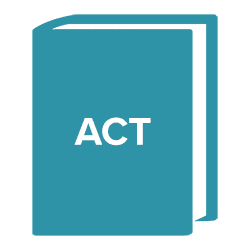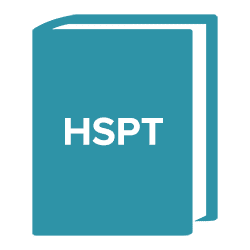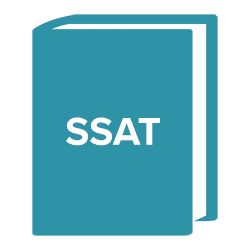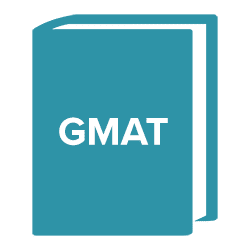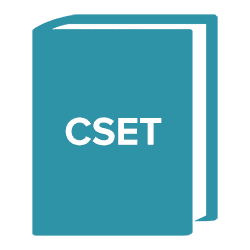The SAT measures students’ skills in critical reading, math, and writing areas. Read more about the test format and upcoming SAT test dates.
K-12 TEST PREP
ACT Resources
The ACT consists of English, reading, math, and science sections. Learn more about the ACT content and upcoming test dates.
ISEE Resources
The ISEE is an admissions test commonly administered by independent schools. Learn more about the format and structure of the ISEE.
HSPT Resources
The HSPT is a standardized test used to measure a current 8th graders for placement into 9th grade at Catholic high schools. Read more about the test.
SSAT Resources
The SSAT measures students’ skills in basic verbal, math, and reading areas. Read more about the test format and upcoming SSAT test dates.
HiSET Resources
The HiSET is a standardized test designed to assess high school equivalency. Learn more about the format and test details.
GRADUATE TEST PREP
GMAT Resources
Often required by MBA programs, the GMAT assesses verbal, math, analytical, and writing skills. Learn more about the GMAT content.
GRE Resources
Required for many graduate school applications, the GRE measures verbal reasoning, problem solving, critical reading, and analytical writing ability.
PROFESSIONAL TEST PREP
CSET Resources
The CSET is a group of subject matter tests for California teacher certification. Learn more about individual subtest information.
CBEST Resources
The CBEST determines basic reading, mathematics, and writing skills and is a first step to teacher and substitute certification in California.
TOEFL Resources
The TOEFL measures students’ English language ability when seeking admission to English-speaking universities. Read more about the test.


